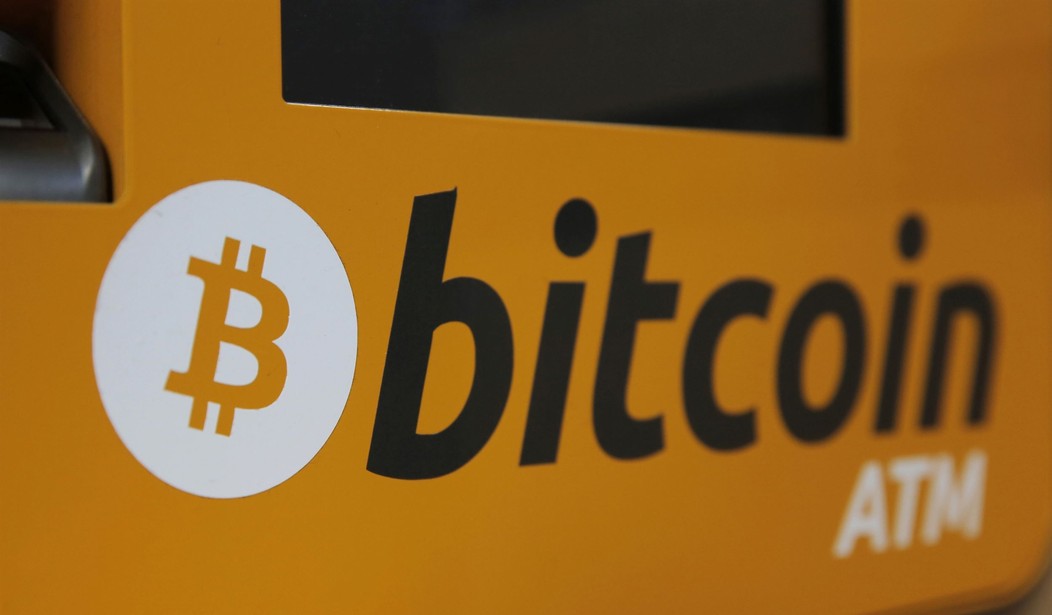Earlier this month, Senators Lummis and Gillibrand released their much-anticipated cryptocurrency legislation, the first serious attempt by Congress to create a regulatory framework for cryptocurrency and other digital assets. No doubt some cryptocurrency enthusiasts are weary of the government attempting to regulate non-state-backed currency. Even so, this legislation represents an important step in reining in the regulatory state by putting questions about the future of cryptocurrency into the hands of Congress.
To understand why this legislation presents such an opportunity it’s important to understand that cryptocurrency is currently primarily regulated via enforcement by the Securities and Exchange Commission (SEC). Its chairman, Chairman Gary Gensler, has attracted criticism for his lack of clarity for cryptocurrency products and the large fines the SEC has levied. Examples include penalizing BlockFi $100 million for their lending product, and denying Coinbase the ability to create their own lending product. The SEC, which isn’t an enforcement agency but a regulatory agency, also nearly doubled their enforcement arm in relation to cryptocurrency. Many members of Congress have been skeptical of such actions as they feel they are going beyond the agency's congressional intent.
So while any enterprising American could mine small amounts of Bitcoin or Ethereum from their personal computer, the broader ecosystem which has attracted billions in investments remains in regulatory limbo.
Thus the legislation's most important provision clarifies which digital assets are commodities, and therefore under the jurisdiction of the Commodity Futures Trading Commission (CFTC), and which are securities under the jurisdiction of the SEC. Cryptocurrencies such as Bitcoin and Ethereum would clearly fall under CFTC jurisdiction. This clarity would prevent the SEC from restricting innovation and investment by engaging in regulation via enforcement and fines.
Recommended
Having thus limited the power of the SEC, the legislation tackles a host of other outstanding questions in the crypto space.
Some highlights include the right for Americans to self-custody their cryptocurrency, meaning that Americans could legally hold their cryptocurrency on a private key and off an exchange. This change would prove to be especially important as exchanges like Celcius have paused withdrawals of cryptocurrency off exchanges leading to panic in the cryptocurrency markets. Enshrining this right into law would ensure that Americans would be able to legally hold their cryptocurrency away from the government’s prying eyes and without worry that their exchange would go bankrupt.
Additionally, transactions under $200 would be exempt from capital gain taxes further solidifying that certain types of cryptocurrency are not securities. This provision will make it more attractive to spend cryptocurrency in everyday transactions and greatly simplify tax reporting requirements. If America wants to catch up with nations like El Salvador in cryptocurrency usage, this will be a key first step.
Another powerful insight from the legislation is the understanding that states also have an important role to play in financial innovation and regulation. The bill works to provide reciprocity between states for both state money transmission licenses and state financial technology sandboxes. Money transmission licenses are necessary in 49 states (Montana being the lone exception) in order for most companies in the cryptocurrency state to do business. Acquiring a license often proves costly and time consuming for businesses within the industry.
Sandboxes are tools which grant temporary regulatory relief to innovative financial products, usually for a two-year period where they have heightened supervision. Nine states have sandboxes in the financial technology space, but companies are again often limited to those borders. Allowing reciprocity between these sandboxes would increase the availability of these products to consumers, while lowering regulatory barriers.
The bill also touches on a variety of other technologies such as non-fungible tokens, decentralized autonomous organizations, and stablecoins, giving each a thoughtful attempt at first-time regulation.
Unfortunately, even Senators Lummus and Gillibrand understand this is merely a first attempt at building consensus around the issue, and the likelihood of the legislation getting a vote in the Senate this year is remote, especially with the recent concern over the stability of the cryptocurrency markets. The legislation also needs work as it still gives too much deference to executive agencies besides the SEC.
Even if this legislation isn’t perfect it can act as a catalyst to unleash American leadership in cryptocurrency. States can begin implementing many of the best parts of the legislation without waiting on Congress, providing proof of concept for many of these ideas. America is still the land of freedom, experimentation, and innovation. With the right light-touch regulation, America can lead in crypto like it led the last twenty years of the internet.

























Join the conversation as a VIP Member